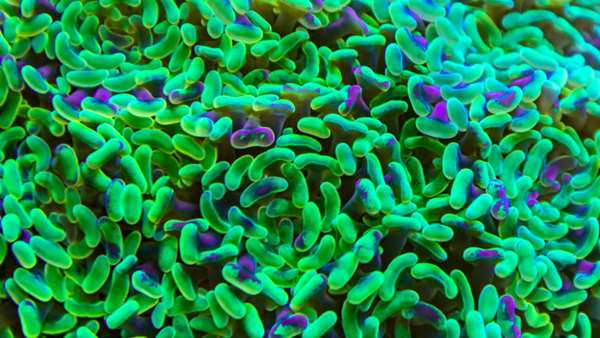Scientists are just starting to tease out the microbiome’s role in CAR-T outcomes among cancer patients
As cancer-killing CAR-T cells stream through the body, they make occasional pit stops at the gut. What they do there — and which gut microbes they meet up with — could potentially change the prospects of these engineered immune cells.
Scientists are just beginning to tease apart the conditions that might lead to a gut microbiome influencing how well CAR-T therapy works. “The gut microbiota is a little bit like the thermostat of the immune system,” said Andrea Facciabene, a cancer immunotherapy researcher at the University of Pennsylvania at the American Society of Hematology annual meeting. “This immune system needs the gut microbiota as a source of stimuli to be kept in equilibrium and be fit.” Anything in a person’s environment — from their dinner choices to their roommates to their pets — can perturb the gut microbiome. Cancer patients risk more severe shocks to the microbiome as antibiotics, chemotherapy, radiation, or other treatments can nuke the native, commensal bacteria that reside within us. In the past, researchers have found that antibiotic exposure, in particular, is associated with worse immunotherapy outcomes, said Stanford oncologist Melody Smith.
A microbiome made more homogenous by antibiotics might be interacting differently with the immune system and thus changing CAR-T cell outcomes, said Matthew Frigault, an oncologist at Mass General Cancer Center. But even the same experiment may end up with different effects in different individuals, simply because everyone’s microbiome is unique to start. That complicates scientists’ ability to identify which antibiotics or bacterial species are beneficial or harmful to cancer immunotherapy.
https://www.statnews.com/2021/12/20/cancer-cart-microbiome-therapy/




ارسال به دوستان